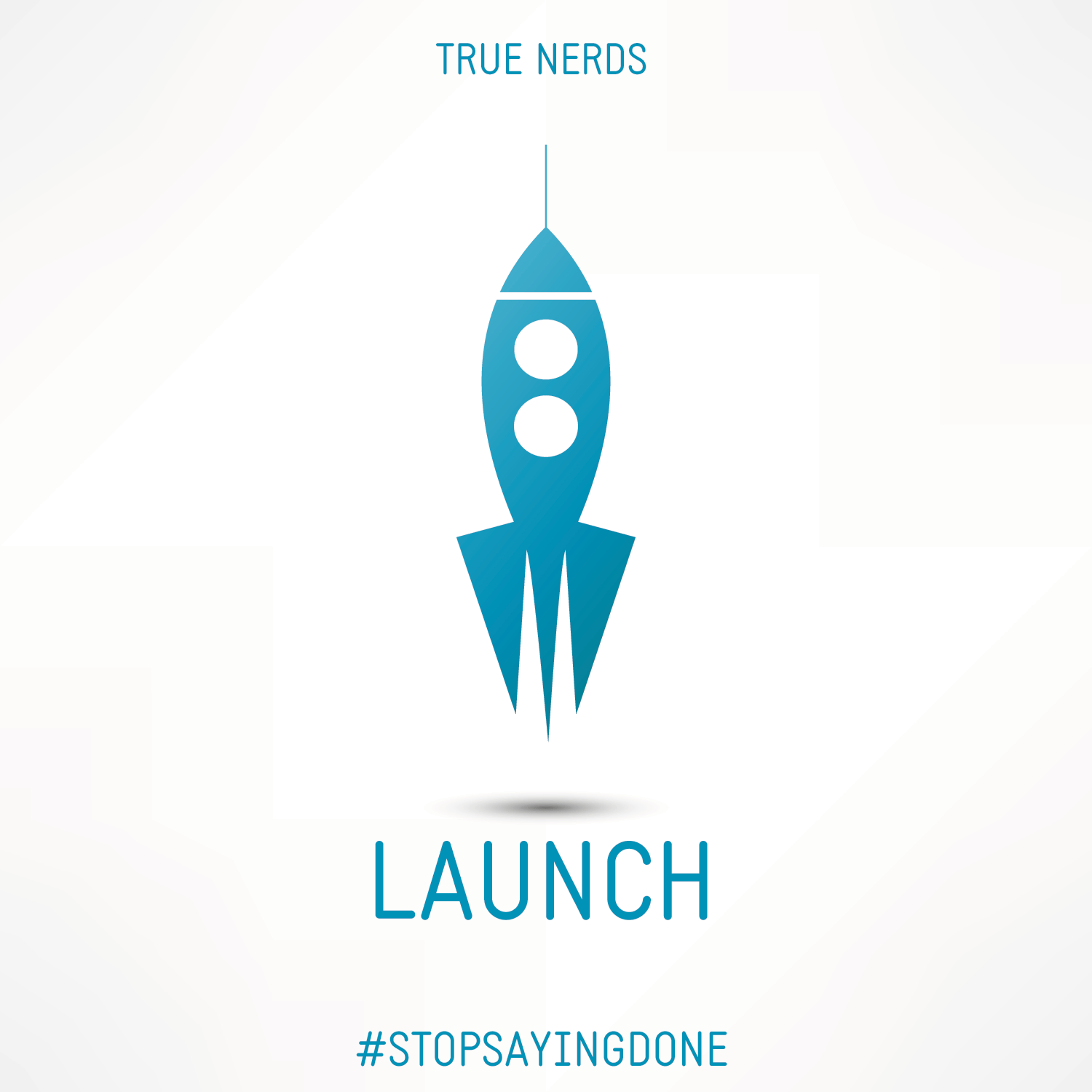Top 10 things every Entrepreneur should know
The term “entrepreneur” was first published in a French dictionary in 1723 by economist Richard Cantillion, and was defined as “the person who pays a certain price for a product to resell it at an uncertain price, thereby making decisions about obtaining and using the resources while consequently admitting the risk of enterprise.”
Leave it to me to argue with a dictionary, but I believe an entrepreneur is not so much what you do, it is more who you are.
Entrepreneurs are often defined by attributes like risk taker, innovator, and over achiever. I agree that those are common traits in an entrepreneur, but not everyone who possesses those traits is an entrepreneur. Maybe it is someone who owns a business or is their own boss, but then again – not everyone who owns a business, can be called an entrepreneur. So what really makes an entrepreneur? There is one universal trait that I’ve observed in every true entrepreneur. They believe, often beyond reason and probability, that they can succeed where others haven’t even tried – and they pursue that belief with an unparalleled determination. The willingness to venture into the unknown in pursuit of progress and innovation, whether that be starting a company, creating new products or pursuing new discoveries – is what really defines a true entrepreneur.
While an entrepreneur is the catalyst and cornerstone of any successful start-up, there are many other factors that contribute to the success or failure of the company. Here are the top 10 special little nuggets of information that every entrepreneur should understand in order to succeed.
1) Find your passion. Above all else, you have to be passionate about what you’re doing. When people say that your start-up is like your child, that is not far from the truth. You are vested intellectually, financially and emotionally in the endeavor. Most people will not see how it can succeed or may not even understand the opportunity, but what they can see is your excitement and passion, and they will buy into that more than anything else. Simply put, make sure you are truly passionate about what you are doing – because that is what will allow you to overcome the challenges you will face.
2) Get the right people onboard. While the seed of thought typically starts with one person, there are many variables involved in growing that seed into a tree. Most entrepreneurs are multi-talented people and are often capable of taking on multiple roles. However, just because you are able to do something doesn’t always mean you should do it. It is imperative that you surround yourself with talent that compliments your skillsets and shares in your belief. This is much easier said than done because it requires an entrepreneur to be completely honest with themself as to where their limitations are. Even trickier yet is figuring out which specific roles you should focus your personal efforts on and which to delegate.
3) Magnitude of success is not something you should dwell upon at the start. It is the probability of success you should be addressing first and foremost. Many start-ups get caught up in “what could be”, and don’t pay enough attention to “what is”. For example, when building out your team and talking about stock options and ownership control, focus on bringing on people into roles that will most greatly impact your probability of success, not how much success you will potentially have.
4) Focus on your core. Don’t get distracted with extraneous stuff. For example, if you can afford to outsource non-critical tasks and it can be easily done, do it. The velocity you gain in your core business areas will be more valuable in the long run than the short term savings. You’ll increase your probability of success by addressing your unique challenges with full force. Get your best internal resources focused on your biggest opportunities.
5) Prepare yourself to fail. In the beginning you typically won’t even know what you don’t know. The best way to prepare for that is to be ready to be wrong. Be agile so that you can adapt to your findings and change direction quickly – that is your unique advantage as a nimble start-up over larger more monolithic companies. Your reaction to your failures will be a key factor in your probability of success. Remember that you are making the majority of your critical decisions in the beginning which is precisely when you know the least.
6) Embrace just in time growth. It is prudent to try and staff appropriately and prepare for the expected areas of growth, but don’t underestimate the opportunities that will arise in new unexpected areas. Ask yourself, if you overstaff or prepare for a certain area and it doesn’t play out, what effect does that have on your start-up?
7) Don’t be afraid to let the cat out of the bag. It is natural for start-ups to believe they have to be ultra covert and not tell anyone what they are doing until they are ready for game time, but that typically is just not the case. If someone wasn’t already doing, or planning on doing, the same thing that you are, they are not going to start doing it just because they saw that you have a good idea. Just the opposite actually. If they see you’ve started and are farther along than they are, there is a better chance they will assume you beat them to the punch and it can actually serve as a deterrent to competition. Larger companies typically prefer to see the smaller more nimble companies vet a new idea and then acquire them, versus trying to jump outmaneuver a start-up. Don’t be afraid to stake your claim outload.
8) Equity is the most valuable worthless thing you own. Refrain from just offering it up for minimal gain. It is all too easy to just give equity away early on, but just keep in mind that it is a scarce resource and will quickly become your primary tool in increasing your probability of success, so be smart with your decision in how to use it. Carefully how you share equity to and when to use it to raise capital. Proper managing your equity early on will be your smartest long term decision.
9) For those of you who haven’t previously created a start-up company, don’t fall into the illusion that being your own boss is glamorous. You should understand that there is plenty of undesirable hard work and challenges that you’ll be faced with. Even though you get to choose your own destiny, you don’t choose which paths lead to success – you only get to control how you walk those paths.
10) Right idea. Right People. Right Time. When these three things come into alignment within a start-up, you are part of something very rare and special. The growth of a successful start-up is one of the most exciting and rewarding experiences in life. You are extremely fortunate if this happens even once in your lifetime, so don’t hesitate to seize the moment and make the most of it. Remember, it’s entrepreneurs that have made the world we live in and, it’s entrepreneurs who will design the world yet to come.




No Comments